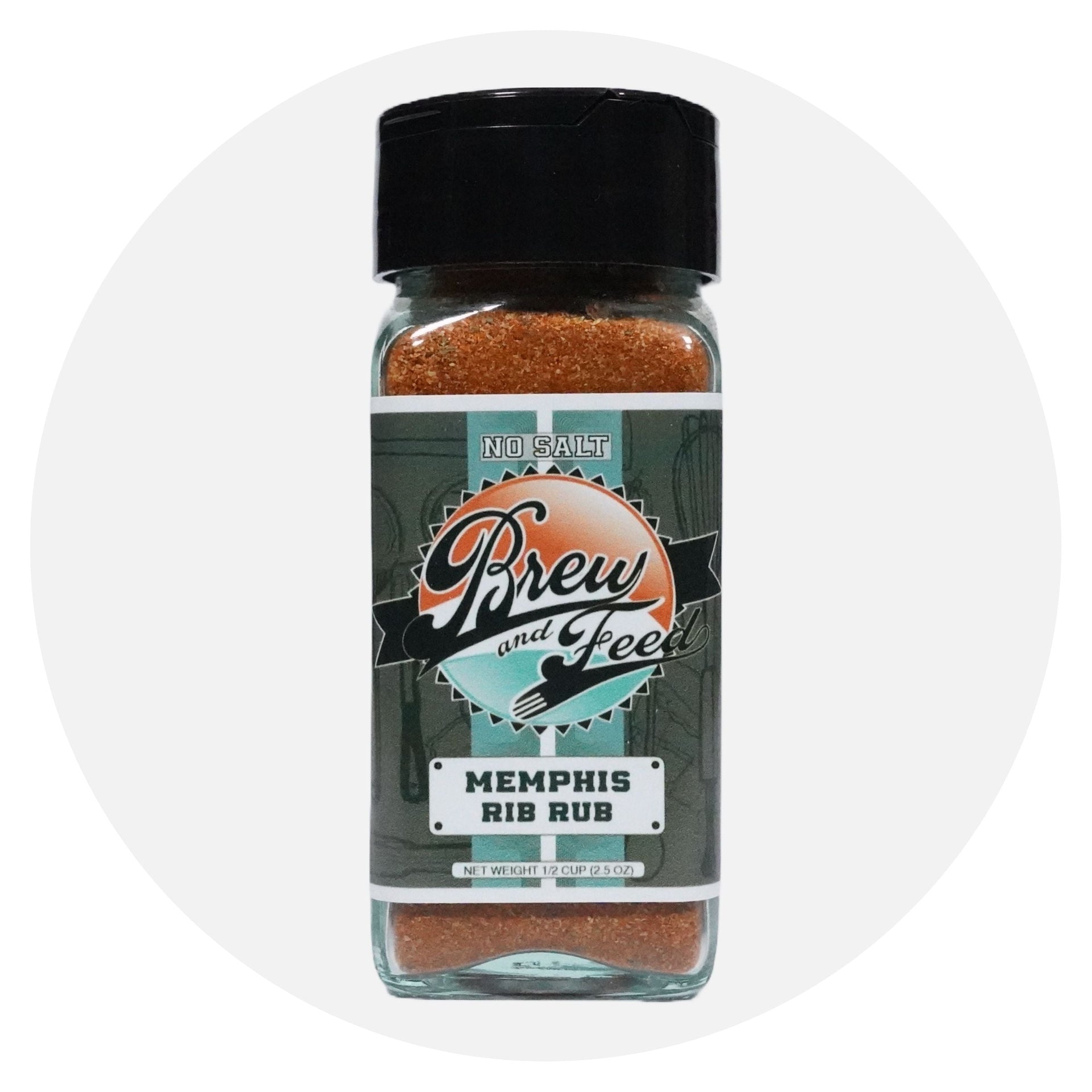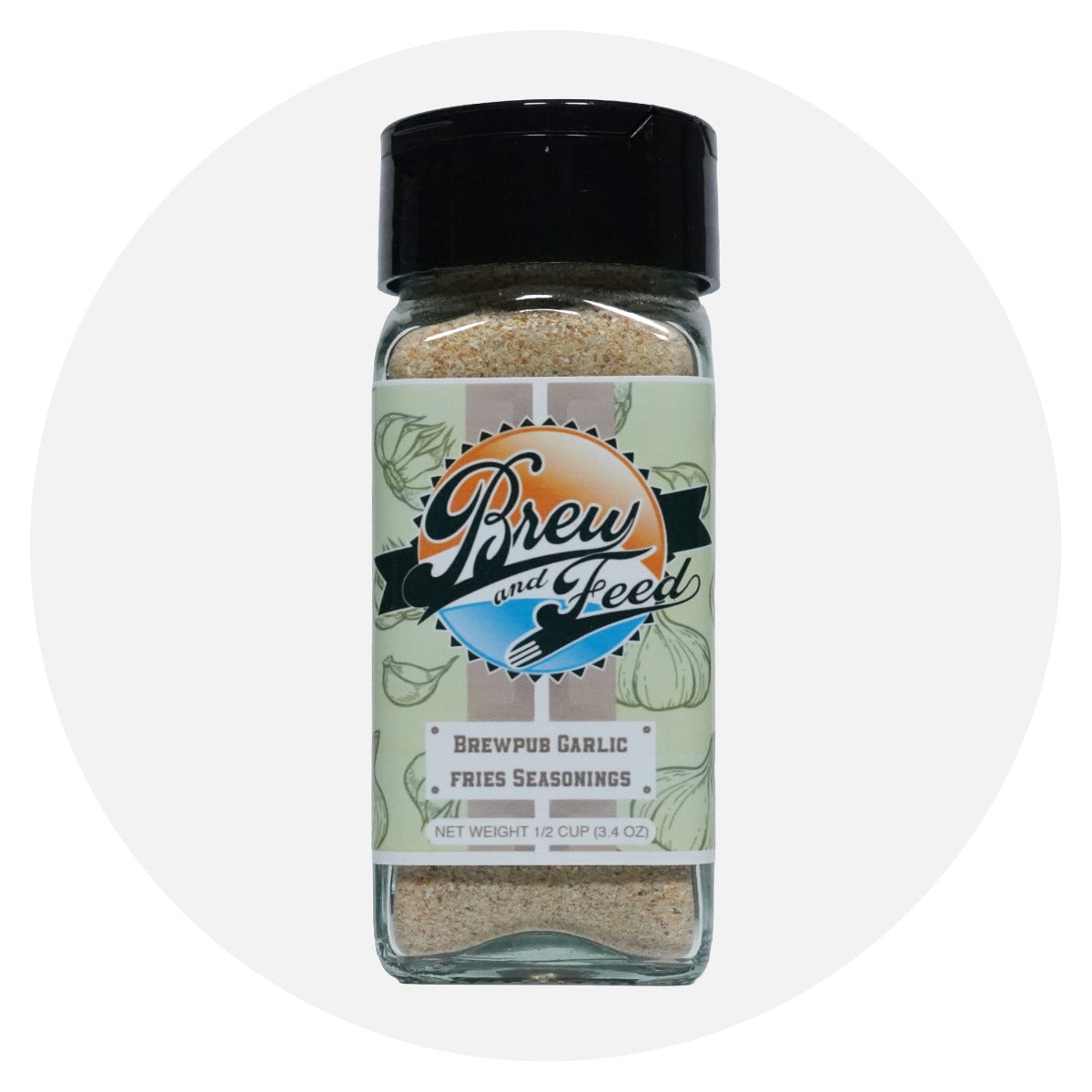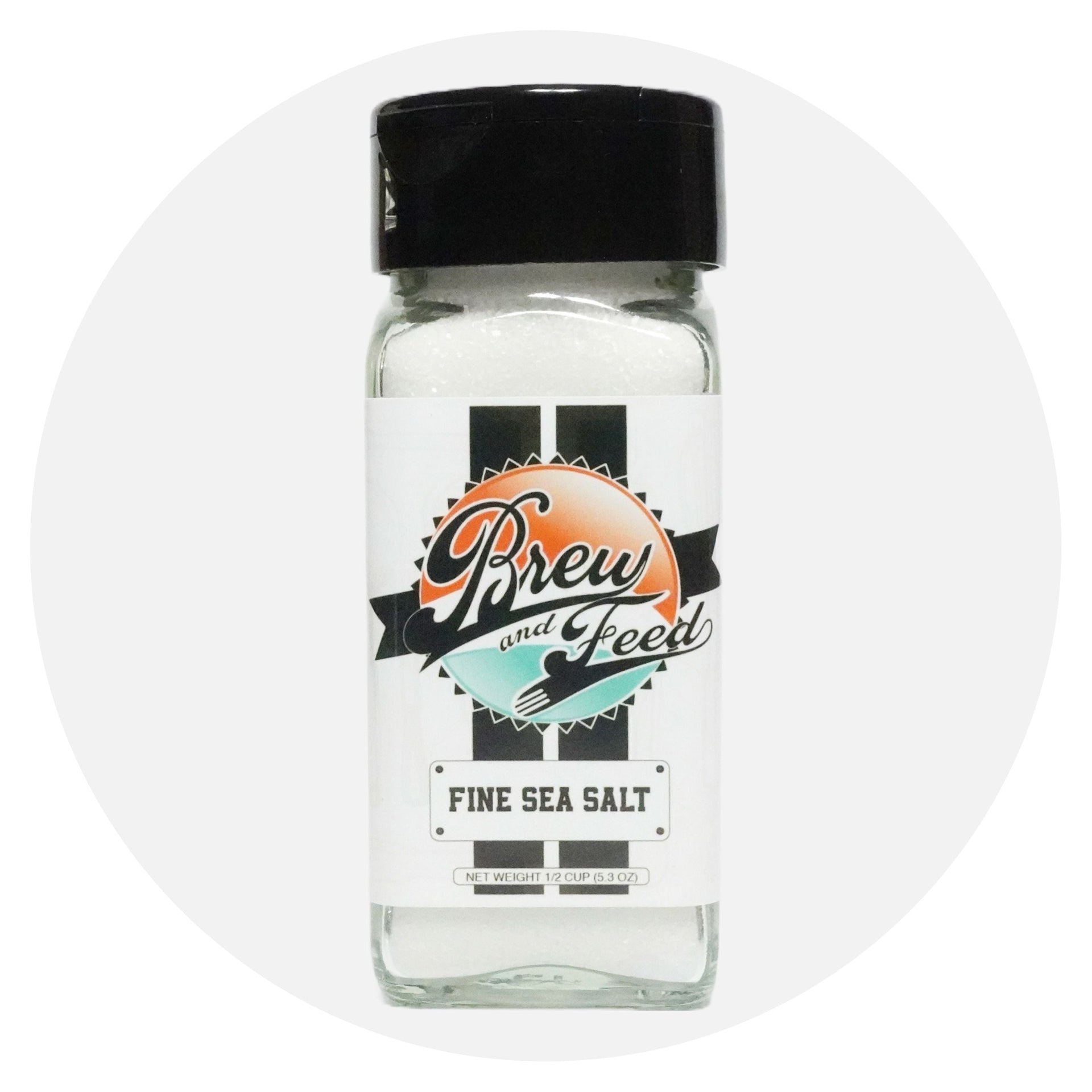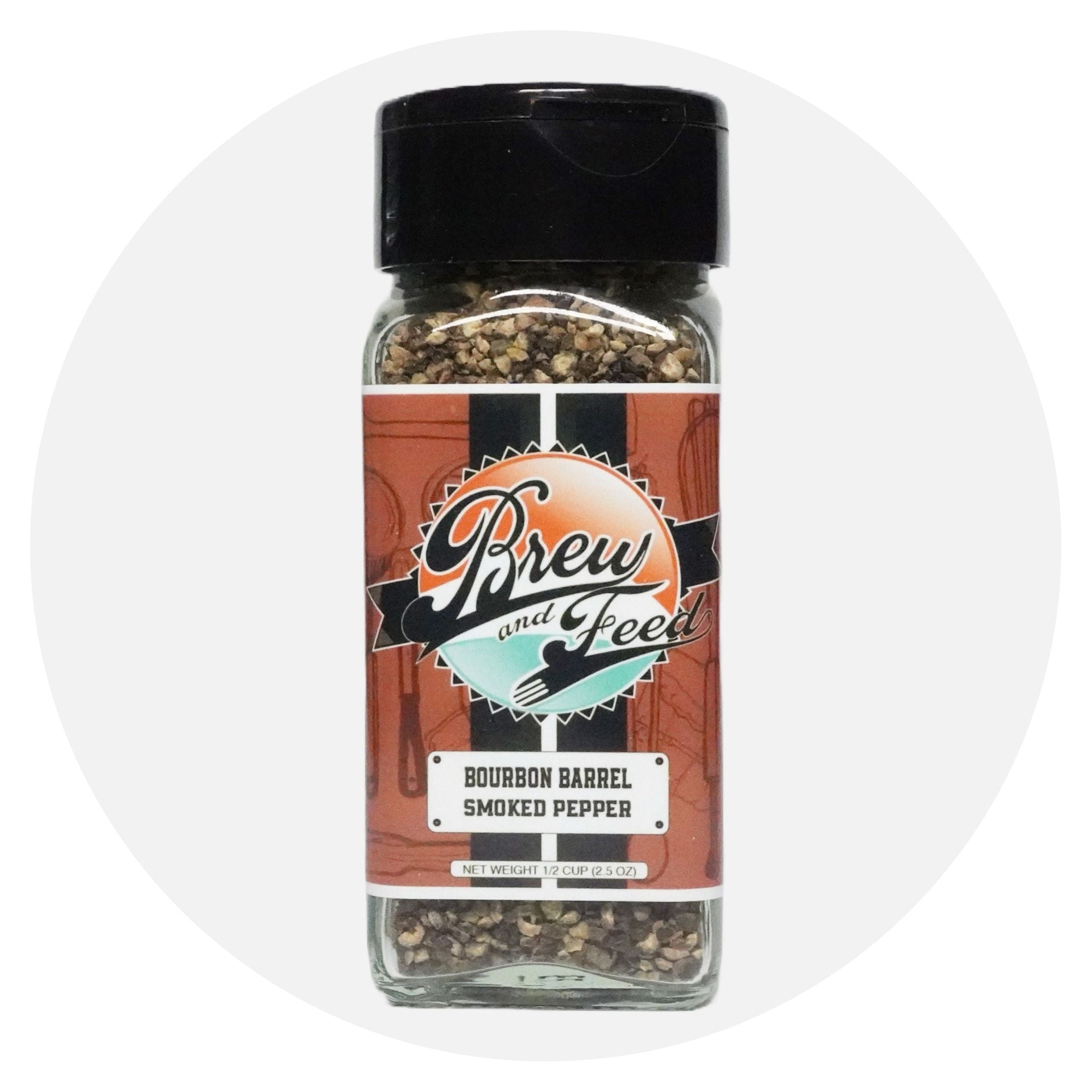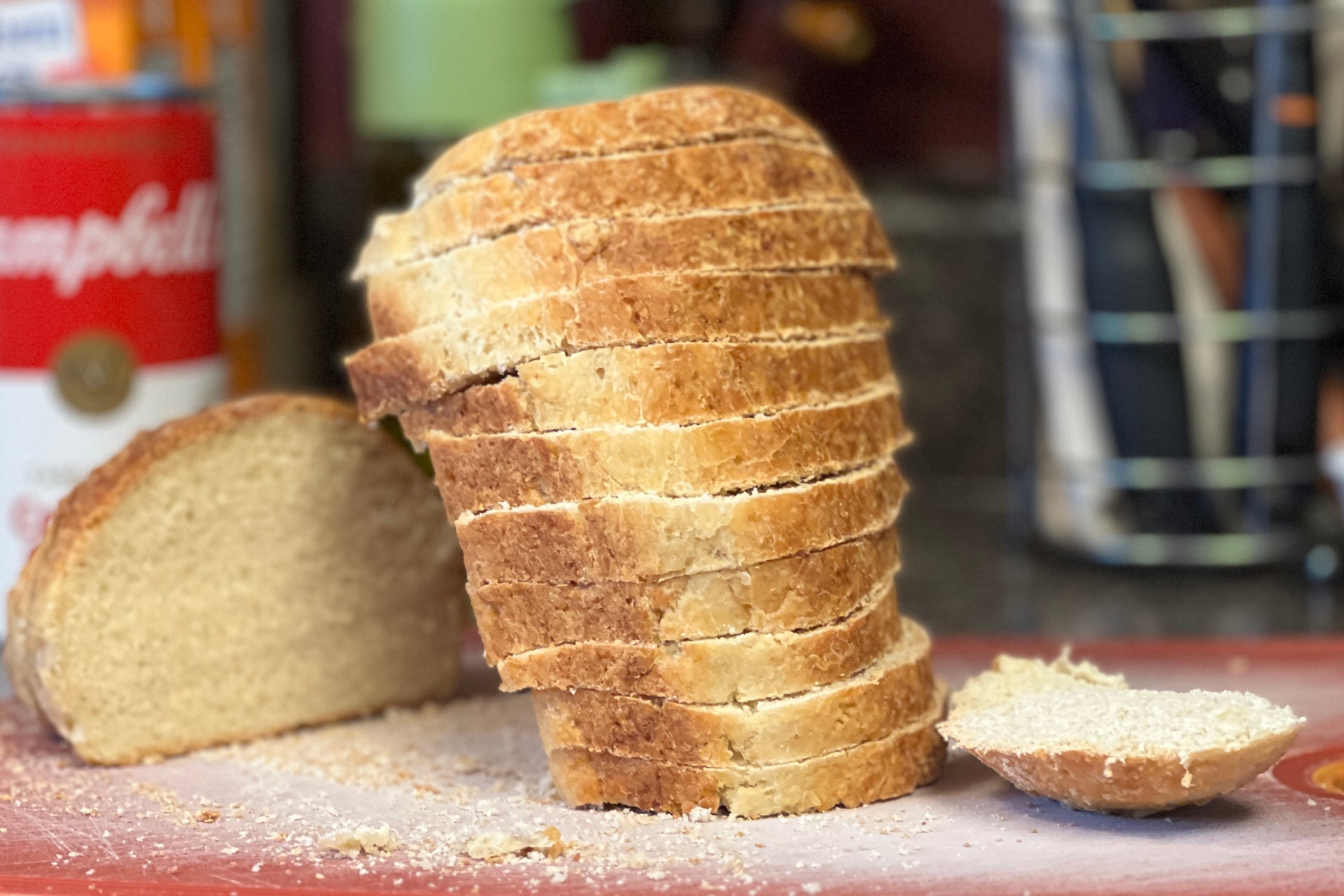
The Sweet History of Baking: From Flatbreads to Modern Creations
Baking is one of humanity's oldest culinary arts, with a history that spans thousands of years. What began as a simple necessity evolved into an intricate craft, blending science, culture, and creativity. Let’s take a journey through the rich history of baking to see how it developed into the art we know and love today.
The Beginnings of Baking: Flatbreads and Hot Stones
Baking dates back to around 10,000 BCE, when ancient cultures first began grinding grains like wheat and barley into flour. By mixing this flour with water, they created flatbreads, which were baked on hot stones or in the embers of a fire. These humble beginnings marked the first steps in humanity's long relationship with baking.
Egyptian Innovation: The Rise of Leavened Bread
Around 2600 BCE, ancient Egyptians discovered the magic of leavened bread. By allowing dough to ferment with wild yeast, they created the first risen breads. This discovery revolutionized baking and introduced the idea of light, fluffy textures. Egyptians were also pioneers of large-scale bread baking, producing it as a staple food for their society.
Greeks, Romans, and the Craft of Baking
The art of baking spread from Egypt to the Greeks and Romans, who further refined techniques and ingredients. The Greeks added innovations like honey and nuts, creating early forms of cakes. The Romans, with their sophisticated ovens, elevated baking to a professional craft, producing a wide variety of baked goods, including pastries and flatbreads. Baking became a central part of religious rituals, festivals, and daily life.
Medieval Europe: Guilds and Traditions
During the Middle Ages, baking transformed into a specialized trade in Europe. Guilds were established to maintain high standards of quality and regulate production. Bakers played a crucial role in communities, supplying bread, the cornerstone of the medieval diet.
Renaissance Innovations: Sugar and Sophistication
The Renaissance brought sugar from the New World, sparking a new era in baking. Intricate pastries, confections, and decorative cakes emerged as symbols of wealth and sophistication. Baking became an artistic endeavor, especially in royal courts, where elaborate desserts were created to impress guests.
The Industrial Revolution: Baking for the Masses
The Industrial Revolution in the 18th and 19th centuries marked a turning point in baking history. Technological advances like mechanized ovens and standardized measurements made baking more efficient and accessible. Packaged goods and ready-made ingredients began appearing, allowing households to bake with ease.
Modern Baking: A Blend of Tradition and Innovation
Today, baking continues to evolve, combining ancient techniques with modern technology. Artisan bread, gluten-free treats, and plant-based desserts reflect contemporary trends, while traditional recipes remain beloved classics. Baking is both a science and an art, offering endless opportunities for creativity and connection.
Why Baking Matters
Baking is more than just a way to prepare food—it’s a tradition that brings people together. From the flatbreads of ancient times to the elaborate cakes of today, baking has been a constant source of comfort, celebration, and innovation.
Whether you're kneading dough or experimenting with new recipes, you're part of a history that spans millennia. So, the next time you bake, take a moment to appreciate the journey that brought this art form into your kitchen.
What’s your favorite part of baking history? Share your thoughts in the comments!

